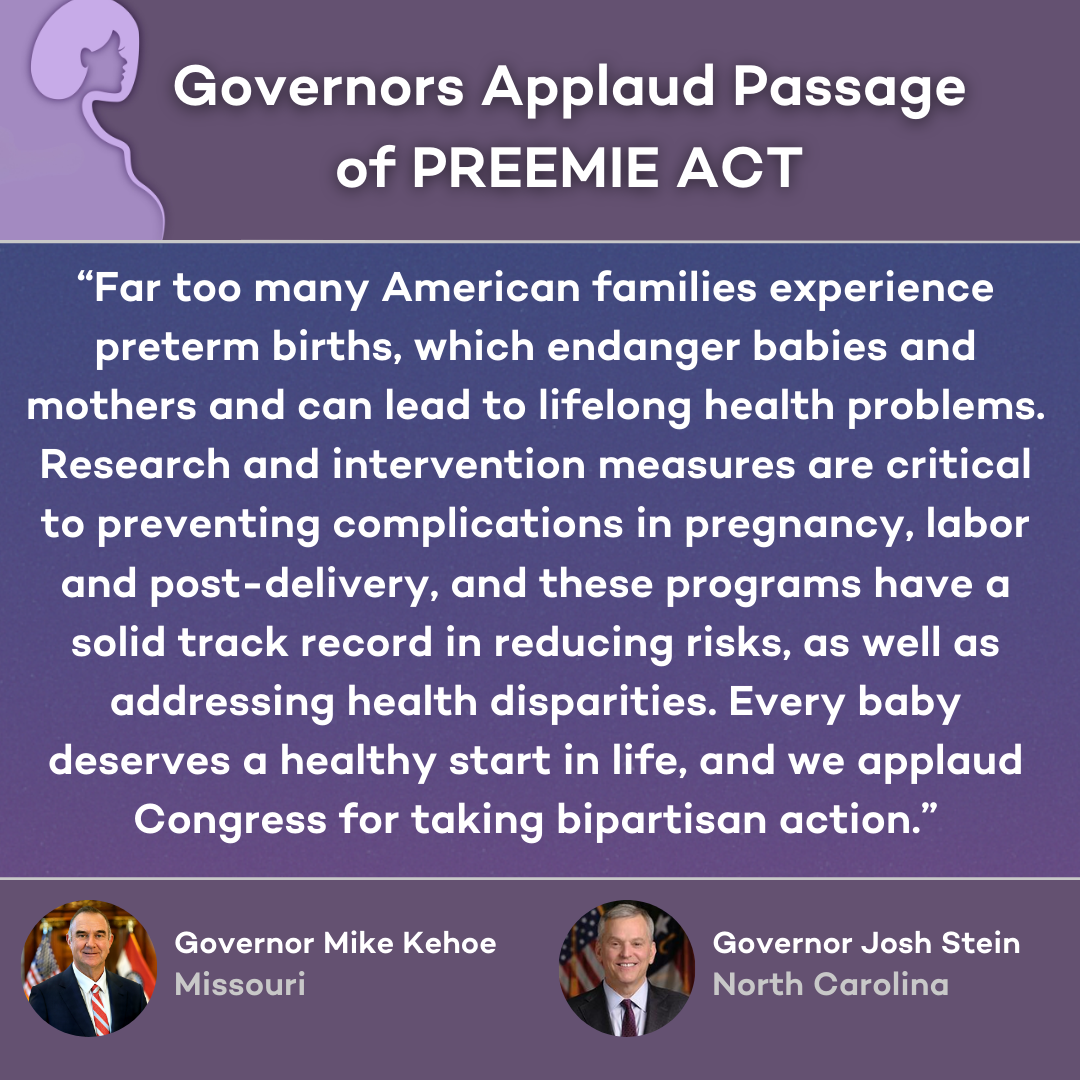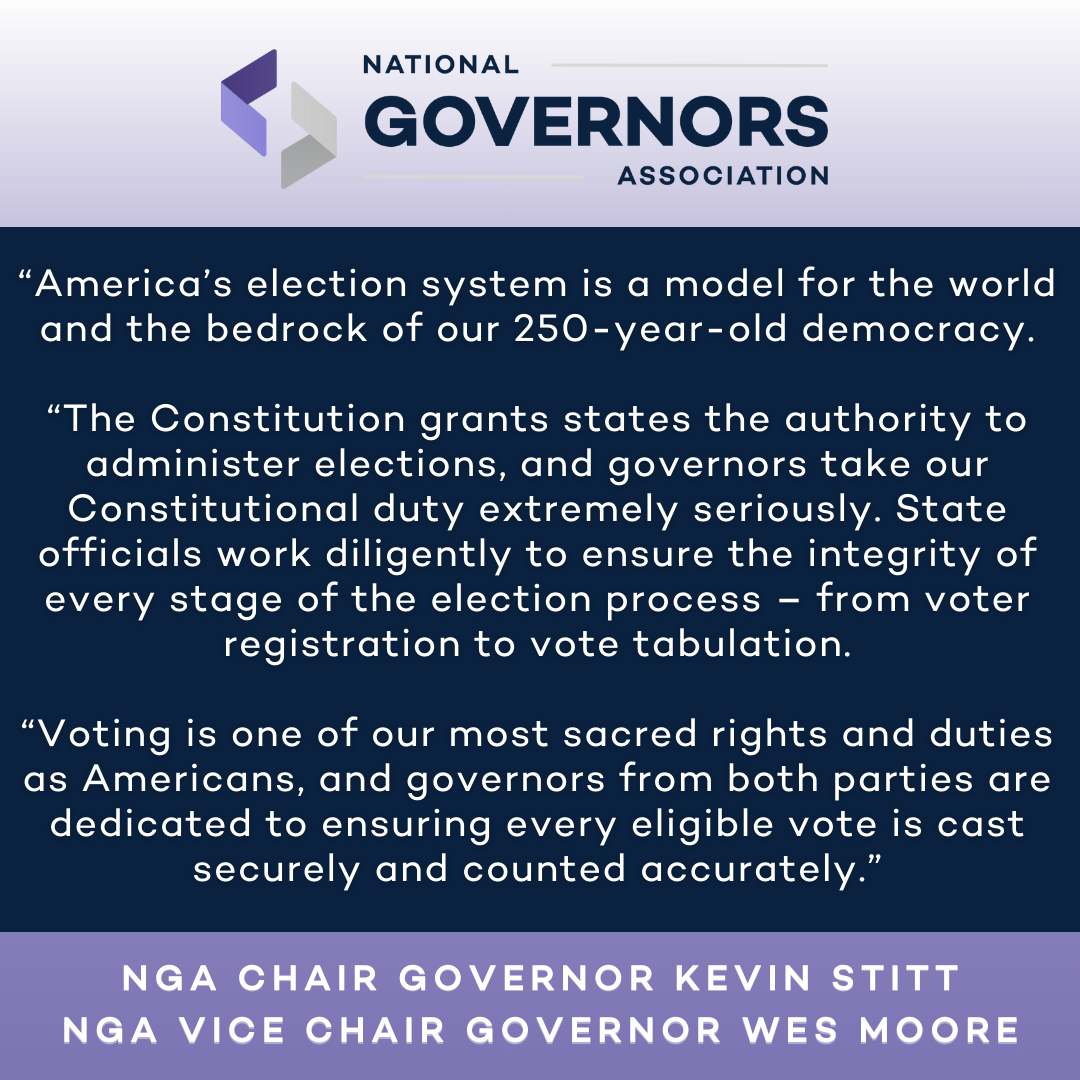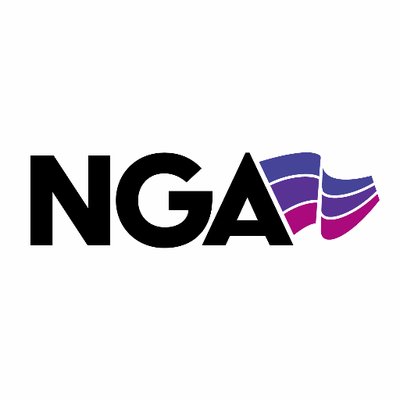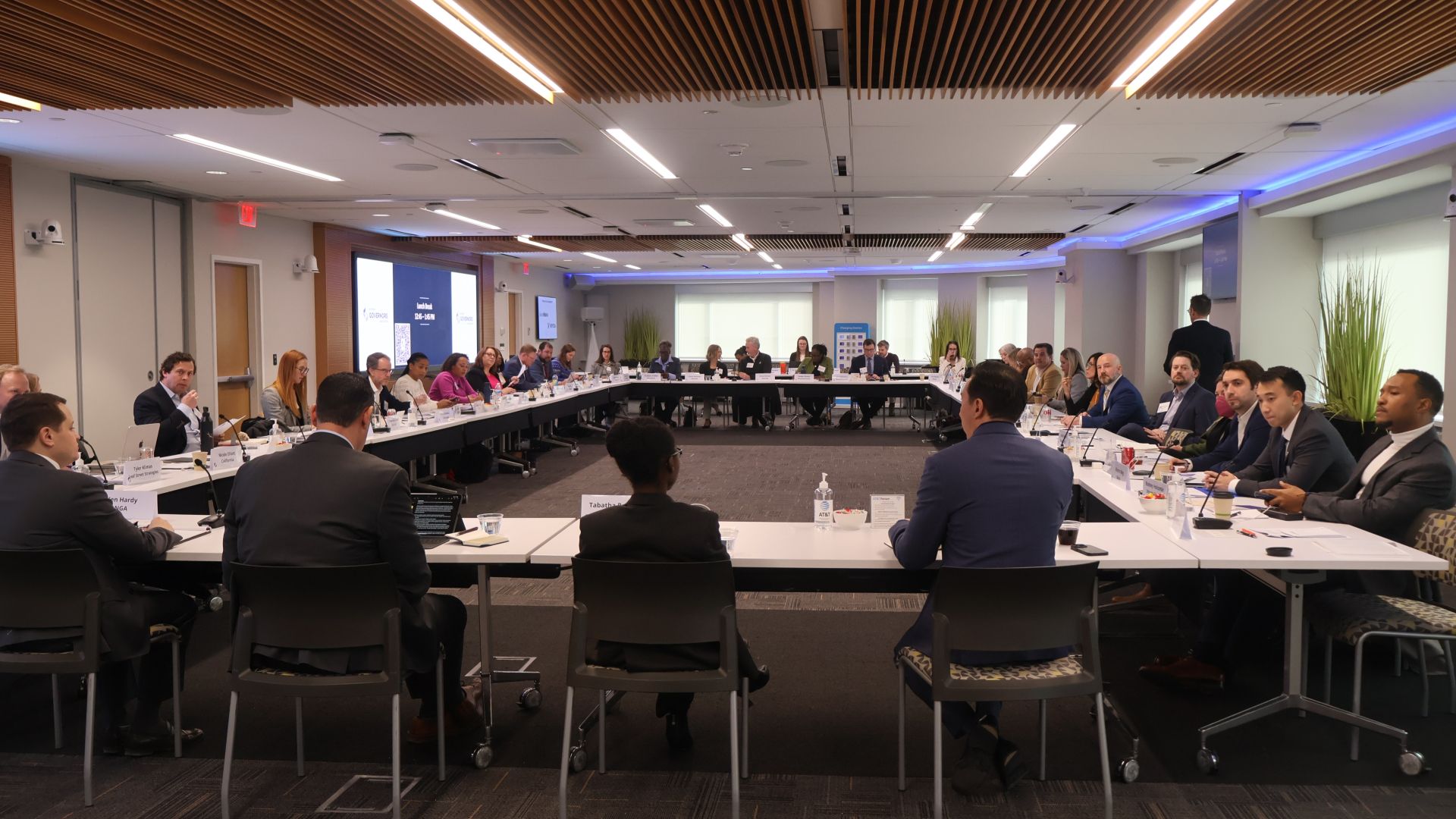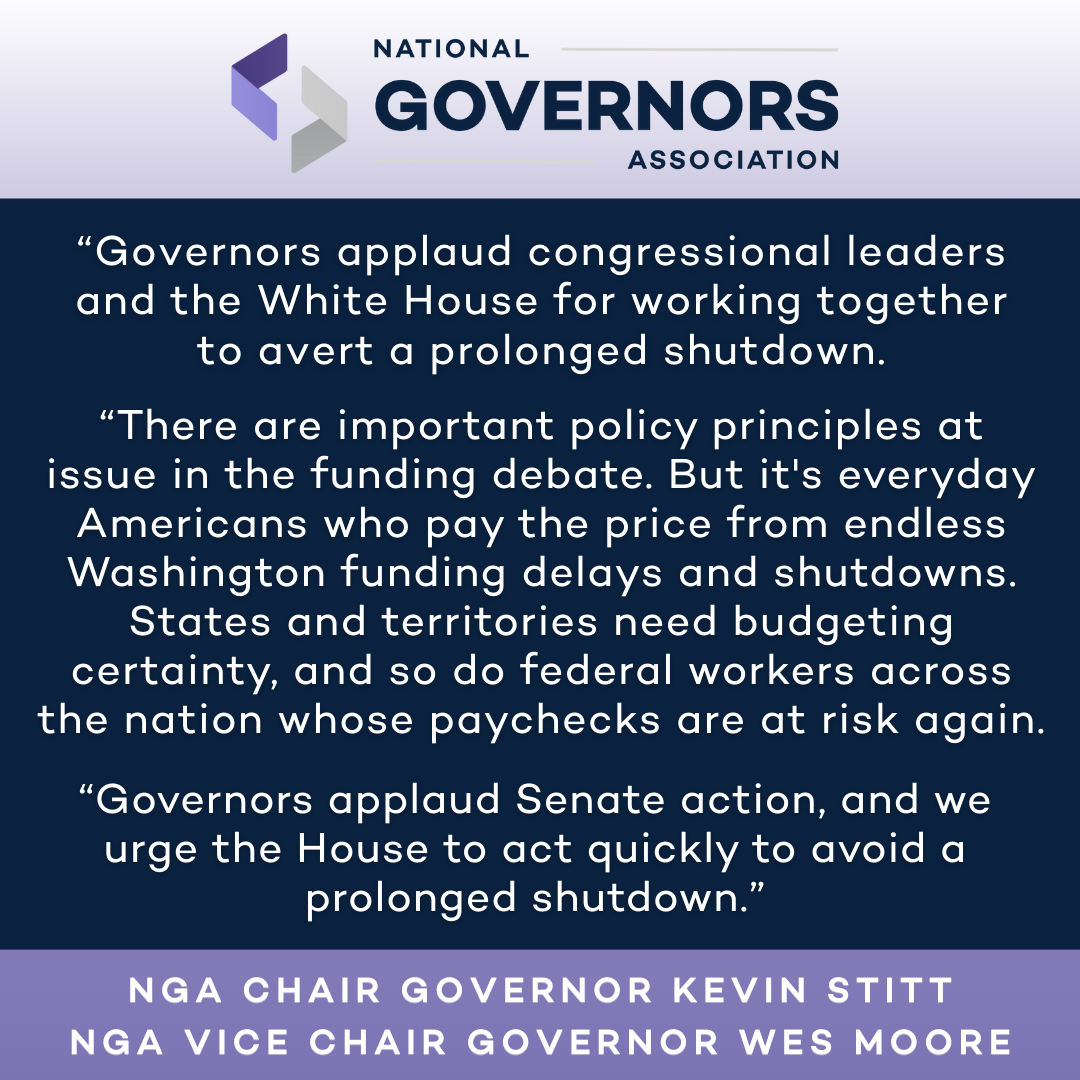Maternal Mental Health Awareness Week is an opportunity to recognize and discuss mental health conditions that can arise during and after pregnancy. This year, the week is dedicated to the theme “Storytelling Saves Lives”. The goal is to help postpartum women struggling with their mental health to feel less isolated and to know that they are not alone by lifting the voices of those who have faced similar experiences.
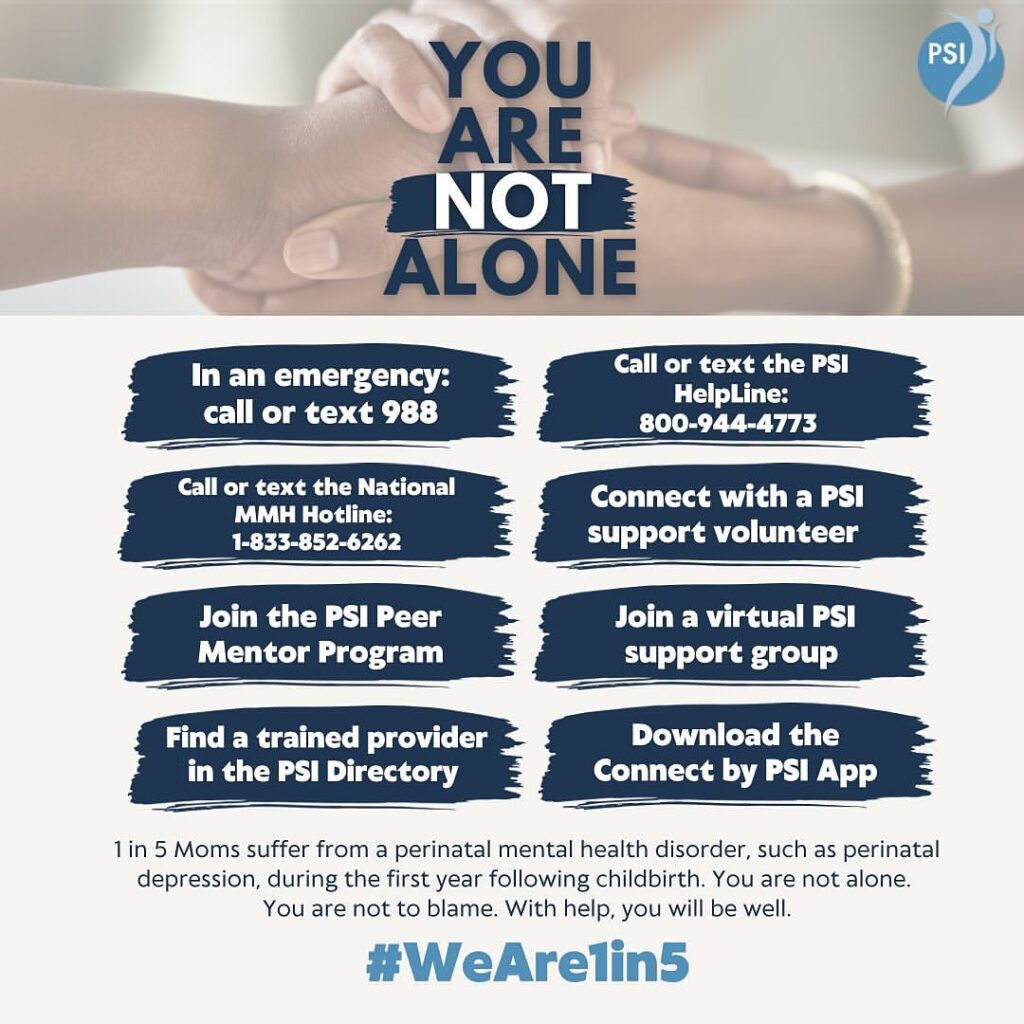
The Health Resources and Services Administration (HRSA) defines Maternal Mental Health (MMH) as a pregnant or postpartum women’s overall emotional, social, and mental well-being. MMH conditions are among the most common complications during pregnancy and the postpartum period, impacting approximately 800,000 families each year in the United States. Some of the most common forms of maternal mental health challenges include, but are not limited to, depression, anxiety, bipolar illness, obsessive-compulsive disorder, post-traumatic stress disorder, and substance use disorder.
Societal expectations and misconceptions around mental health challenges and motherhood can create fear of judgment and contribute to maternal mental health stigmas. Stigma can increase feelings of shame or hesitancy to seek mental health related care during pregnancy or in postpartum period.
State & Territory Spotlight
States and territories are developing policies, programs, and opportunities to advance behavioral health screening, treatment, and care coordination services for pregnant and postpartum mothers experiencing mental health conditions. Efforts to reduce stigma, increase access to peer support, and diversify the perinatal workforce are vital to ensure states and territories are equipped with sufficient tools to improve population health outcomes in this space. Below are glimpses of innovative state and territory programs demonstrating an ongoing commitment to ensure moms and babies have the resources they need.
Kentucky
In 2024, Governor Andy Beshear signed into law Kentucky Senate Bill 74 to establish the Maternal Psychiatry Access Program (also known as Kentucky Lifeline for Moms). Kentucky Lifeline for Moms focuses on assisting healthcare practitioners in addressing the mental health needs of mothers by developing and providing information on perinatal mental health disorders.
KCV’s Elevate Mothers and Build Addiction Recovery (EMBARK) is a prevention program that provides mental health, substance use treatment, and family strengthening services to families in Kentucky. Due to stigma, pregnant women with substance use challenges have difficulty receiving comprehensive care. The model used ensures mothers receive high-quality care, including access to:
- Obstetrics
- Gynecology
- Pediatrics
- primary care
- substance use treatments
- and essential medical services.
The goal of the program is to provide integrated and coordinated care for mothers who face substance use challenges and work to promote health, safety, and well-being for families.
The Kentucky Perinatal Quality Collaborative is a statewide network dedicated to improving the quality of care during pregnancy, childbirth, and the first year of life. Current initiatives include:
- The Perinatal Pain Relief for Opioid Use Disorder increases screening for substance use disorder (SUD) and opioid use disorder (OUD) through validated screening tools, and evidence-based pain management protocols for pregnant women with SUD and OUD during childbirth and the postpartum period.
- Enhancing Kentucky’s Neonatal Abstinence Syndrome (NAS) Case Reporting – Neonatal Abstinence Syndrome (NAS) is a result of the opioid crisis and poses a preventable risk of mortality for infants. A statewide focus on surveillance and analysis is essential for enhancing outcomes and providing better care for children and families affected by substance use disorder. This initiative aims to improve data collection and reporting practices across Kentucky.
Alabama
The Alabama Maternal Mental Health Task Force works to develop a collective vision for maternal health improvement across the state. Current priority areas for this taskforce include:
- Diversify the maternal health workforce
- Improve patient access to continuous high-quality care
- Improve data collection and sharing
- Provide tools and platforms for community voice and patient advocacy
- Identify and grow the programs and policies that work to improve the health of Alabama moms
On January 6, 2025, the Centers for Medicare and Medicaid Services (CMS) announced that Alabama was one of the states selected for the 10-year payment and care delivery initiative, Transforming Maternal Health Model (TMaH). TMaH aims to enhance maternal care delivery, expand access to maternal healthcare, and address disparities in rural and racial outcomes. The model prioritizes a whole-person approach to pregnancy, childbirth, and postpartum care that addresses physical, mental health, and social needs experienced during pregnancy.
Colorado
The Colorado Maternal Mental Health Collaborative and Framework, launched from Colorado’s Perinatal Care Quality Collaborative (CPCQC), is a collaborative that operates in partnership with various community and private stakeholders, as well as state and local government partners. The Collaborative is a statewide collective impact initiative to improve perinatal mental health.
- Through this collaborative, the IMPACT (Improve Perinatal Access, Coordination, and Treatment) Behavioral Health (BH) Program was launched in 2022 to promote mental health care coordination and improve access to related providers and resources that support the mental health of new families.
- IMPACT Program Toolkit: Developed to improve cross-sector partners’ ability to coordinate services for pregnant and postpartum women’s behavioral health needs.
Commonwealth of the Northern Mariana Islands
Asian and Pacific American Heritage Month Spotlight
In conjunction with Maternal Mental Health Week, May is also Asian and Pacific American Heritage Month. This presents an opportunity to celebrate the integral historical impact Asian Americans, Native Hawaiians, and Pacific Islanders (AANHPIs) have played to date, and reflect on the need for culturally responsive and accessible behavioral health services for this population.
AANHPIs are the least likely, compared to other racial/ethnic backgrounds, to receive any type of mental health treatment, influenced by various factors, including language barriers, insurance coverage gaps, and stigma.
- The Northern Mariana Islands, through the Maternal and Child Health Services Title V Block Grant, is working to promote preventative mental health services for women, with a focus on postpartum care and coordinated care navigation services.
Future Work & Resources
The National Governors Association continues to support the work of the states as they build supportive state policy through screening efforts and reducing stigma surrounding pregnant and postpartum women who face mental health challenges. Please find linked below NGA Center-produced resources exploring the maternal behavioral health focus area.
- Tackling the Maternal and Infant Health Crisis: A Governor’s Playbook
- Youth Mental Health & Maternal and Infant Health Insights
- Supporting States in Maternal and Child Health and Healthcare Workforce
- State Strategies To Address The Impact Of Covid-19 On Maternal And Child Populations: Behavioral Health
This publication was developed by Alexander Entner and Asia Riviere with the National Governors Association Center for Best Practices.


